5 Eating Habits Young Athletes Should Avoid
By Nmami Agarwal 13-Jul 2018 Reading Time: 6 Mins

Performing like a champ on the field requires tons of hard work and following a routine like practicing on time, right nutrition, and healthy eating habits. The way proper nutrition is necessary for young athletes, good eating habits too are important as it promotes overall wellness, health while optimizing athlete’s performance and endurance. Whereas, some eating habits young athletes should avoid are executed unknowingly which may get into their future progress and potential.
Those eating mistakes that young athletes make unintentionally not only deprives them of performing at peak but also works as a hurdle to let them feel at their best. Young athletes, having a healthy and well-balanced diet avoiding such eating habits (mistakes) will get them through extension in their energy levels including maintaining the capacity to win over competitors. Besides everything to be needed to take care of, what are those 5 eating habits young athletes should avoid? Well for that don’t go anywhere else, stay tuned to know more.
- Skipping Breakfast: It is estimated that around fifty-six percent of kids and teens including future athletes skip their breakfast. In the case of young athletes, reasons for skipping breakfast may vary from running short of time in the morning, not feeling hungry because of overeating night before which suppresses hunger the next morning. Breakfast revs up their engine (metabolism), meet important nutrient required to feel energized throughout the day and especially on the battlefield. Almost everything healthy for breakfast is better than eating nothing.
- Compromising With Lunch: Lunch is a refueling process for an athlete’s bodies which will be used in after-school practice. Salad, a cup of soup, sandwich or nothing won’t keep them energized to work out post lunch. It’s mandatory that their lunch should be a blend of protein, carbs and other essential nutrients. Just by any chance, athletic practice doesn’t take place post-school then pack some pre-training meal for them. Compromising with breakfast will lead to tired body and low energy levels on the field while intense practicing.
- Overeating: Growing athletes feel extremely hungry at times, which is at times also a reflection of skipping breakfast and compromising with lunch but the same reflects their growth and energy expenditure linked with practice and exercise they go through the day. If your athlete feels extremely famished, chances of overeating may occur and perhaps even binge. In such scenarios, overeating may cause unnecessary weight gain and overeating at night may interfere with their morning appetite, disturbing a meal plan rhythm for rest of day resulting in bad practice day.
- Restrict Unhealthy Food Choice: Chocolate-coated granola bars, candies, chips, cookies and sweet muffins are occasional foods young athletes should eat rather than having routinely. Eating such foods once-in-a-while is acceptable, but completely relying on unhealthy foods to sustain over a training session or practice for a competition is absolutely silly. Role of such foods should be minimal in their diet as having the right proportion of healthy foods and downsizing the consumption of wrong foods helps increase the ability to perform at a peak in young athletes.
- Forgetting Fluids: Feeling lethargic, sensing headache, and hunger are all the potential signs of dehydration. Dehydration stems from getting behind in fluid consumption. Ideally, an athlete should be drinking fluid (plain water) all day, go to the practice with a water bottle, drink throughout training, and should replenish with fluid during their recovery, as much as they can. Never let them be thirsty and ask them to drink water even when they don’t feel the need for drinking water.
Over to you
To be a champion on field young athletes should eat like a champion and should avoid these listed eating habits for instant progress making them feel more energetic and less tired while maintaining their weight and improving strength for longer endurance on the field. So, don’t just plan a meal for future athletes, also make them aware of eating habits that should be avoided to gain more.
One thought on “5 Eating Habits Young Athletes Should Avoid”
Leave a Reply
Your email address will not be published. Required fields are marked *




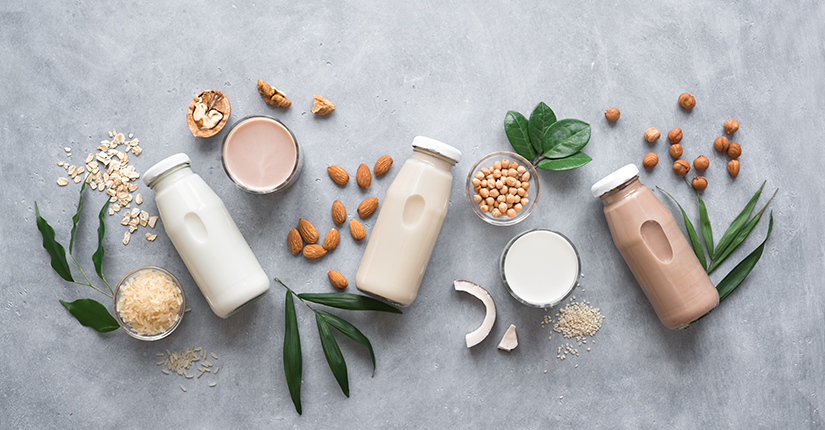


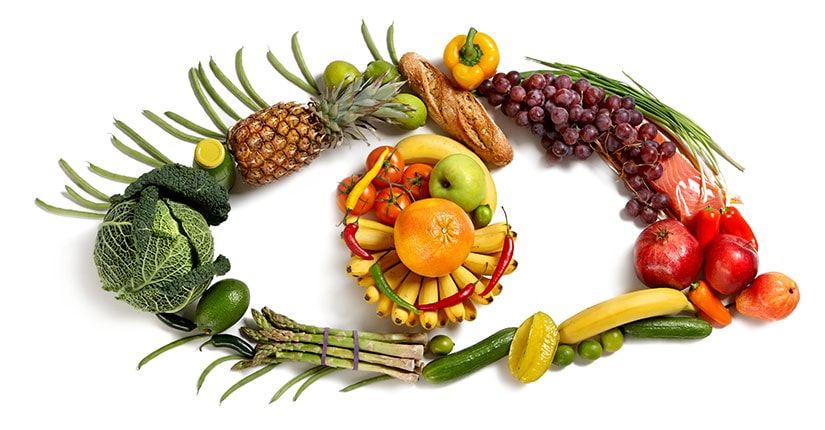
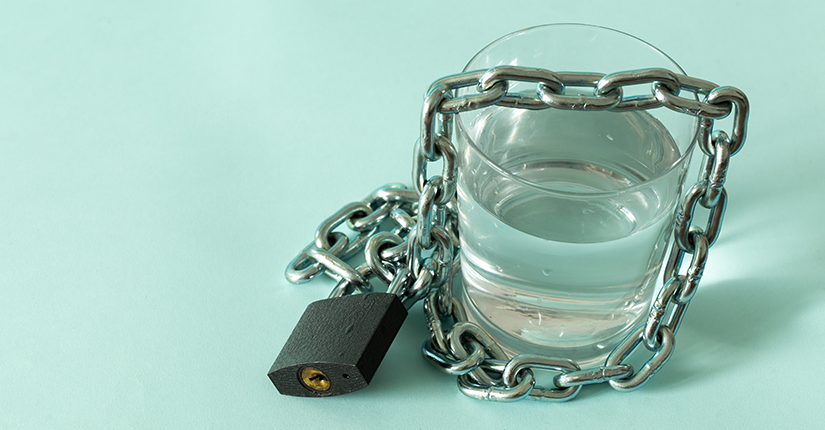




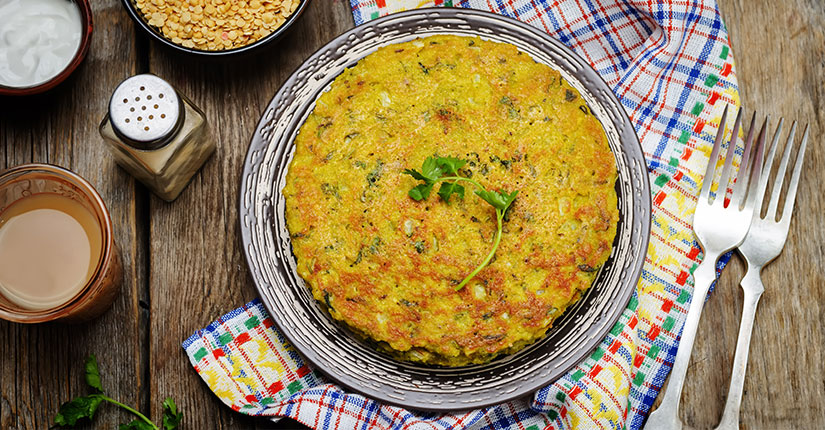

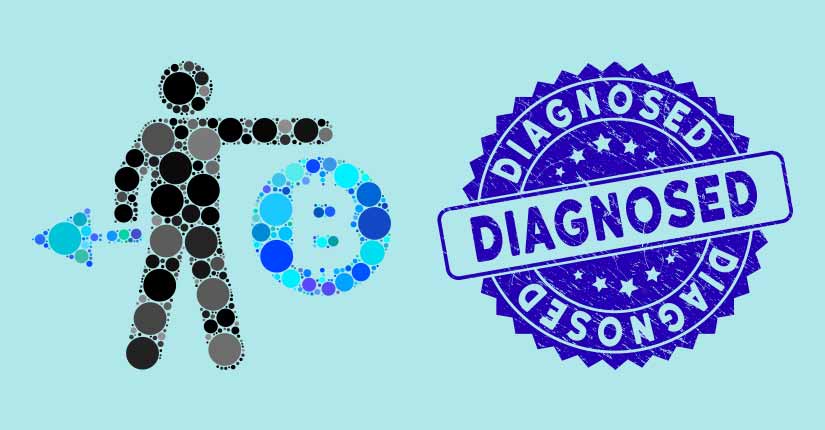
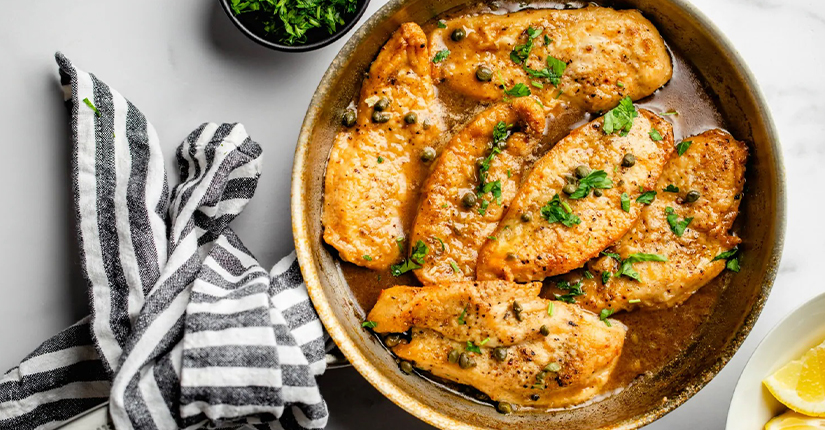


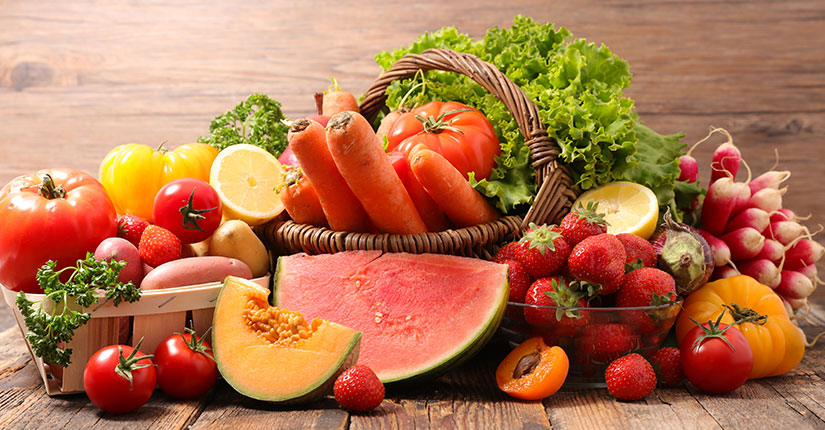

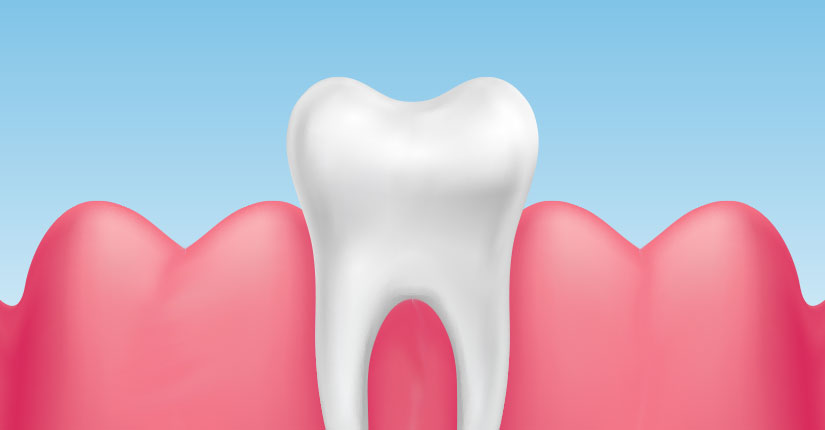
Very useful information…